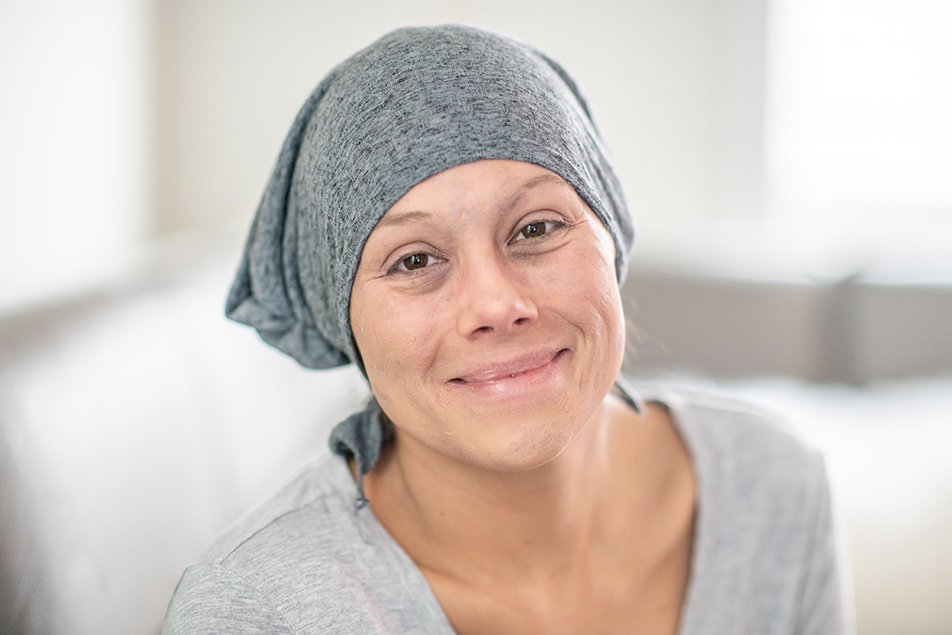
A cancer diagnosis can bring many changes to you and your loved ones, including the choice of treatment for the disease. The goal of any care plan is to cure, control or manage the problem. But, with treatments like chemotherapy, there can be some bothersome side effects. One of those side effects is peripheral neuropathy.
In May of 2019, a dedicated team of Parkview Cancer Institute’s oncology nurses decided they would bring new research to Parkview Health. Nancy Ehmke, MN, RN, AOCN, clinical nurse specialist at Parkview Regional Medical Center, is the principal investigator and looks to study the use of cryotherapy for chemotherapy-induced peripheral neuropathy and nail changes in patients undergoing breast cancer treatment.
Peripheral neuropathy, or nerve damage to the network of nerves outside of the brain and spinal cord, is a potential side effect of several drugs, including paclitaxel (also known as Taxol), a widely used treatment for breast cancer and several other cancers.
The research into cryotherapy to prevent peripheral neuropathy and nail changes, such as discoloration and loss of nail/infection, was funded by donors to the Parkview Foundation. This generosity helped with the purchase of 16 cryotherapy mitts and eight pairs of cryotherapy slippers. These will support two research studies, each with 25 breast cancer patients, to determine if the use of cryotherapy prevents and reduces the occurrence and severity of peripheral neuropathy and nail changes that are associated with paclitaxel used in breast cancer treatment.
“Peripheral neuropathy can cause pain, tingling and numbness in the hands and feet and severe cases can interfere with walking,” Nancy explained. “Some people reduce their chemotherapy doses or stop treatment early for this reason. It can affect the overall quality of life and interfere with a person’s daily living.”
Inside the mitts and slippers is a gel-like substance. This gel is intended to be frozen and then acts to destroy abnormal tissue by using the cold temperature. There is a lining to separate the hands and feet from the gel to avoid discomfort from the cold.
During these studies, a nurse or a member of the research team will replace the mitts and slippers 45 minutes after the initial placement to maintain coldness. The mitts and slippers are kept in a unit freezer and maintained at 20 degrees Fahrenheit for at least 3 hours before application.
“Without donor funding, we wouldn’t be able to do this research. It has widespread implications,” Nancy said. “After, and outside of these studies, patients will be able to purchase their own mitts and slippers and they will continue to be able to use them, but they will also now have a standard of administration for effectiveness,” Nancy expressed in looking forward to what the studies will bring.
For more information on how to support our patients or other ways you can help, please visit the Parkview Foundations page or call 260-266-7800. Your generosity heals!